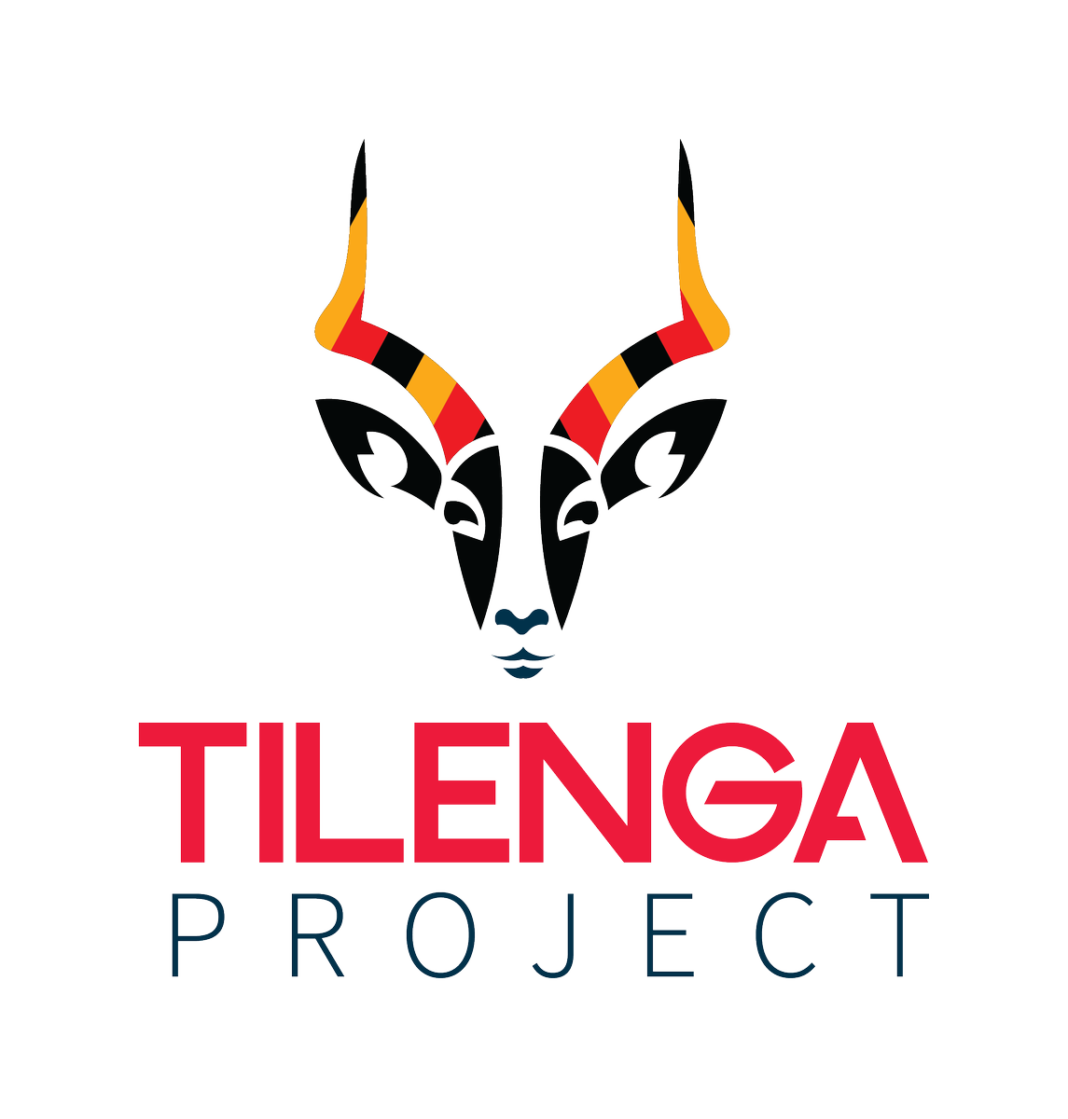Civil society organisations (CSOs) working to protect the environment from oil and other development threats have faulted the National Environment Management Authority (NEMA) and the Petroleum Authority of Uganda (PAU) for violating environment laws while organising public hearings in Bullisa and Nwoya for the Tilenga oil project.
The public hearings are being organised by PAU under the supervision of NEMA to enable the public give their views on the Environmental and Social Impact Assessment (ESIA) report for the Tilenga oil project. The CSOs say that in organising the public hearings on November 12 and 15, 2018 in Buliisa and Nwoya respectively, NEMA and PAU are violating the Environmental Impact Assessment (EIA) Regulations of 1998 and the EIA Public Hearing Guidelines of 1999.
“The EIA Public Hearing Guidelines of 1999 mandate NEMA to give members of the public 21 days’ notice before any public hearing organised under the 1998 EIA regulations is had, unless NEMA directs otherwise with a reason. The public has not been given the stipulated 21 days to prepare for the public hearings however. The first notice for the public hearings was published in the New Vision newspaper of October 30, 2018. Through this notice, the public was informed that the first public hearing would be held in Buliisa on November 12, 2018 and the second in Nwoya on November 15, 2018.
With this, NEMA and PAU gave the public only 14 days’ notice prior to the first public hearing in Buliisa and 17 days’ notice to the hearing in Nwoya.
This is contrary to the 21 days’ notice that is provided for under Paragraph 7 (3) of the EIA Public Hearing Guidelines of 1999,” Mr Dickens Kamugisha, the CEO of Africa Institute for Energy Governance (AFIEGO), says. The above guidelines are not the only ones that are being violated! The 1998 EIA Regulations are also being violated.
The CSOs also note that NEMA and PAU are violating Regulation 22(2) which requires public hearings to be organised between 30 and 45 days from the last day NEMA receives comments from the public. “The deadline set by NEMA for receiving comments on the Tilenga ESIA report was today, November 9, 2018. The first public hearing is slated for November 12, 2018 in Bullisa and November 15, 2018 in Nwoya however.
This means that NEMA and PAU are organising the public hearings only four and seven days after the submission of comments by members of the public. In effect, the public has been denied up to 41 days within which they would have read the over 5,000 page Tilenga ESIA report to make meaningful comments at the public hearings. This will no doubt undermine effective public participation in the Tilenga ESIA public hearings, which could prove harmful to the environment and communities,” Mr Christopher Opio of the Oil Refinery Residents Association (ORRA) says.
The above are not the only consequences that could arise from NEMA violating the law. Aggrieved members of public may challenge the outcomes of the public hearings in court, the public challenging the decision of NEMA regarding approval or none-approval of the ESIA report and damaging of the reputation of government and institutions such as PAU, NEMA and others are some of the other consequences that could arise.
The above would lead to the loss of taxpayers’ money that would have been used in the public hearing processes as well as losing money arising out of litigation costs. Disregard of the law by NEMA and PAU also harms public confidence in government’s ability to enforce laws in the oil sector to protect the environment, communities and the public. “How can the public trust government when its agencies are violating the law in the Tilenga public hearing processes?
The Tilenga oil project is being developed in one of the most biodiverse areas in Africa. River Nile, Lake Albert, Murchison Falls National Park and Budongo in addition to Bugungu and Karuma Game Reserves are key national and transboundary ecosystems that are going to be affected by the Tilenga oil project and the public needs to trust that government will follow the law to protect the environment for the common good,” Kamugisha says. The CSOs are therefore calling on NEMA to ensure that at all times, lead agencies respect national and international laws to avoid consequences of violating laws.





